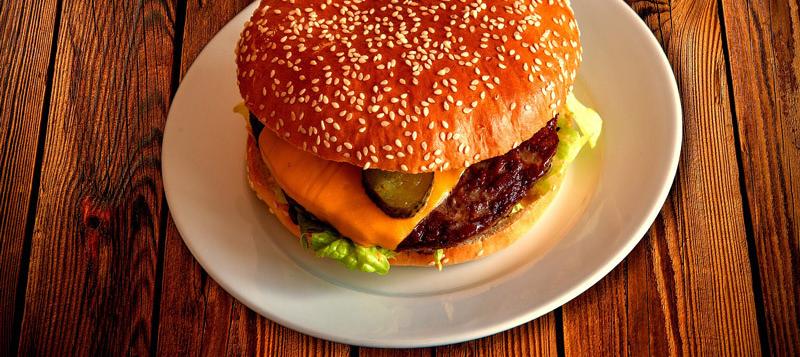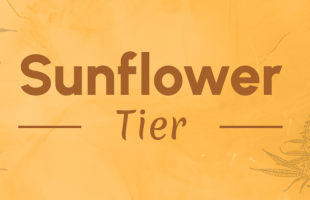The Science Behind Munchies: Why Does Cannabis Make You Hungry?
Munchies and appetite stimulating effects of cannabis
The munchies: a colloquial term often associated with the insatiable appetite one may experience after consuming cannabis. While the phenomenon is well-known in popular culture, have you ever wondered what actually triggers this sudden need to raid the pantry? Let's delve into the science behind munchies and explore why cannabis has this specific effect on your appetite.
Is Appetite a Side Effect of Cannabis?
Yes, the increase in appetite is a commonly observed side effect of cannabis consumption. This phenomenon is largely attributed to the interaction between the active compounds in cannabis—namely THC (tetrahydrocannabinol)—and the body's endocannabinoid system. The endocannabinoid system plays a vital role in regulating various physiological functions, including mood, pain, and yes, appetite.
Appetite-Stabilizing Properties of Cannabis
Interestingly, while cannabis is famous for inducing hunger, it also has appetite-stabilizing properties. Strains high in CBD (cannabidiol) may help suppress appetite, creating a balanced effect when consumed with THC-rich strains. This dual action may be particularly beneficial for medical patients dealing with conditions that either suppress or increase appetite, such as chemotherapy-induced nausea or certain eating disorders. By selecting strains with a balanced THC-to-CBD ratio, one can manage appetite more effectively.
What Type of Cannabis Increases Appetite?
The influence of cannabis on appetite seems to be most strongly related to strains that are high in THC. This compound binds to the CB1 receptor in the brain, which is part of the endocannabinoid system. This interaction leads to a release of hormones that signal the feeling of hunger. Strains that are low in THC but high in other cannabinoids like CBD tend to have less of an appetite-stimulating effect.
Why Does Getting High Make You More Hungry?
When THC binds to the CB1 receptors in the brain, it not only triggers a hormone release but also affects the olfactory bulb, enhancing your sense of smell and taste. With your sensory perceptions on high alert, the aroma of food becomes more enticing, and the flavors are amplified. The increase in sensory perception, coupled with the hormone-triggered hunger signals, makes for a ravenous appetite.
Why Am I So Hungry on Edibles?
Edibles introduce THC into the system through the digestive tract, leading to a slower release but more prolonged effect compared to smoking or vaping. This longer-lasting presence of THC means that the hunger-inducing hormones and enhanced sensory perceptions stay active for an extended period, often leading to prolonged episodes of the munchies.
Is It Normal to Overeat When High?
It's not uncommon for people to overeat when experiencing the munchies. Because THC impacts the brain's reward system, eating can feel more pleasurable, and it's easy to lose track of how much you've consumed. However, it's worth mentioning that overindulging can lead to discomfort or other health concerns, like weight gain if this behavior is frequent.
In Conclusion
Understanding the science behind the munchies sheds light on yet another fascinating aspect of cannabis and its interaction with the human body. From its hunger-inducing properties to its ability to stabilize appetite, cannabis offers a range of effects that can be tailored to individual needs. So the next time you find yourself raiding the fridge after a session, you'll at least know why your body is craving that leftover pizza so intensely!
Would you like to know more about how to manage munchies effectively? Stay tuned for more articles that dig deeper into the world of cannabis or check out some of our past articles in our blog section.
Health Disclaimer: The information provided in this article is for educational purposes only and should not be taken as medical advice. Always consult with a qualified healthcare provider before using cannabis, particularly if you have pre-existing conditions or are taking medication.





















